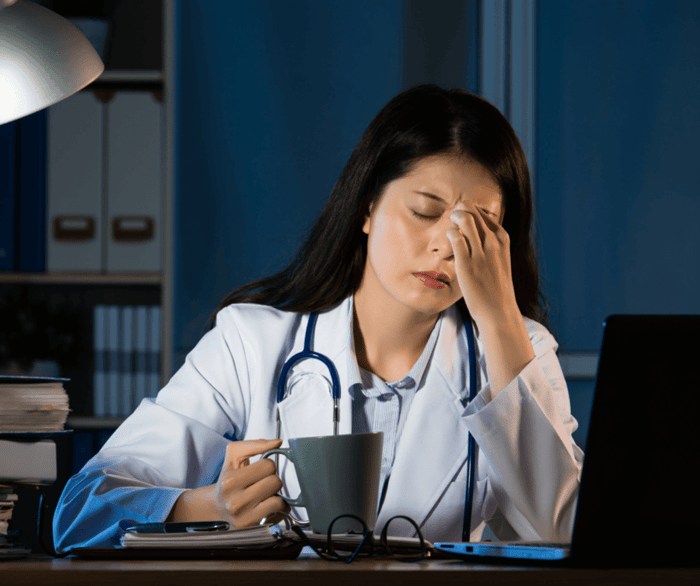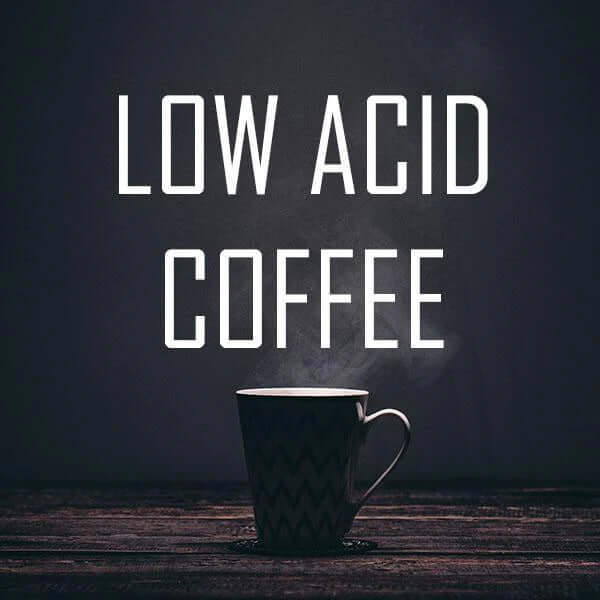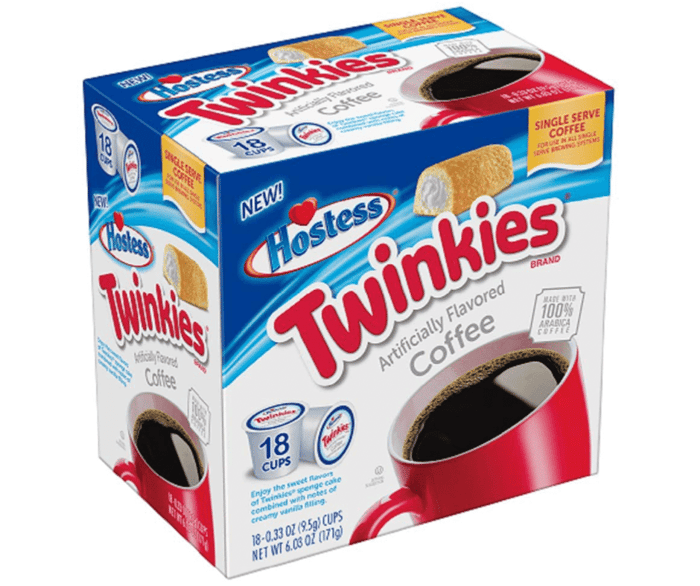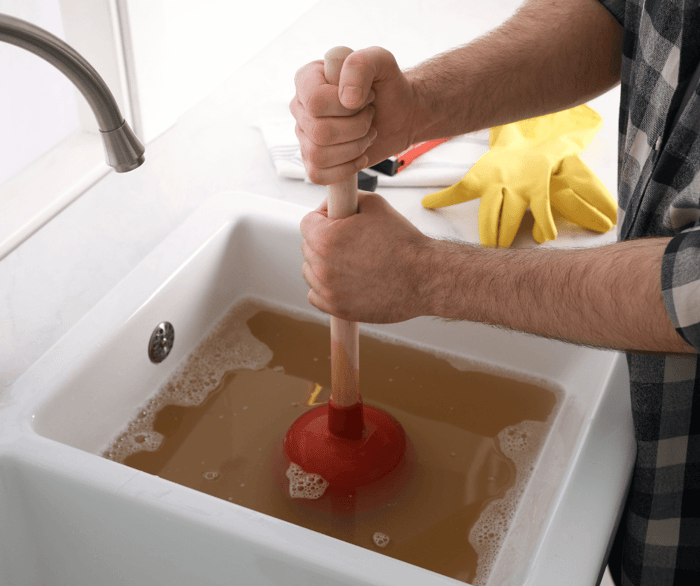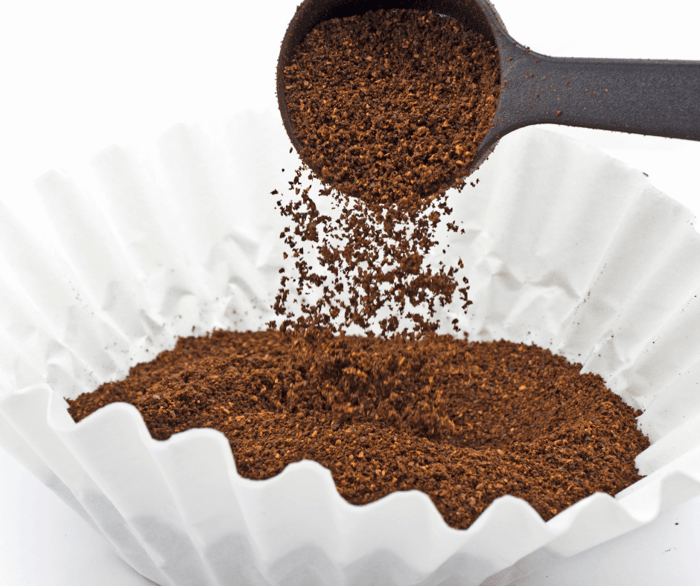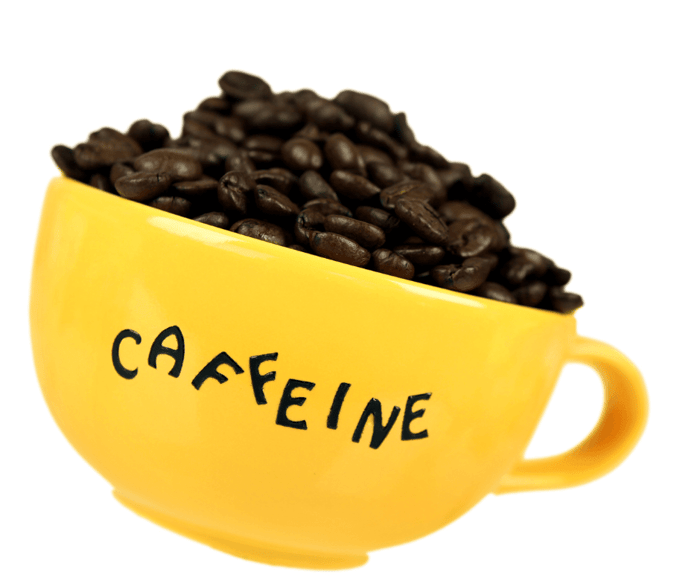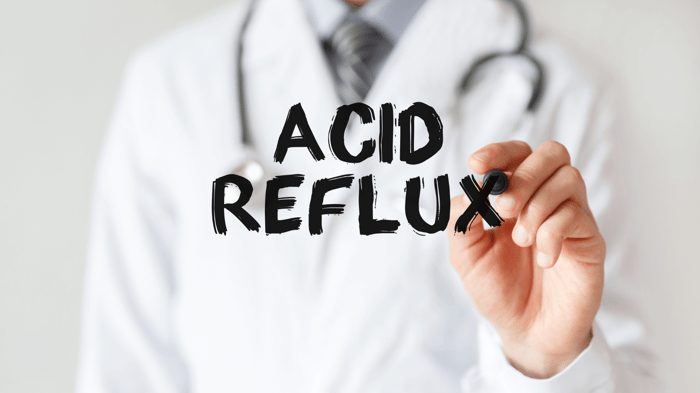Coffee contains caffeine which has a mixed association with headaches. Caffeine, in fact, can either ease or cause headaches, depending on how much and how frequently you consume it.
It is a central nervous system stimulant and is found in chocolate, tea, coffee, sports drinks, soft drinks, and other beverages, so it's simple to see why 80 - 90% of all individuals in North America take it daily.
Here's all you need to know about how coffee affects headaches and how much you should take to get the best results.
Can Caffeine Help with Headaches?
The discomfort associated with headaches, particularly migraines, is primarily caused by the expansion of blood vessels surrounding your brain, increasing the blood flow volume to your brain. This blood flow variation activates several complex systems in the brain, which can result in headaches.
Caffeine, which has "vasoconstrictive" effects, narrows these blood arteries. This implies that it constricts blood vessels and lowers blood flow to your brain, which can help relieve migraine pain. It can also help prevent migraines from occurring in the first place. It can also help reduce headaches by increasing the efficacy of pain relievers. In fact, it's a significant component in headache treatments found in over-the-counter medicines since it also aids in the absorption of the medication's active chemicals.
However, the jury is still out on this, as other studies show headache medications are absorbed better when people quit drinking caffeine.
Caffeine can assist if you have episodic migraines (up to 14 headaches per month), but only if you limit it to no more than 200mg daily. Anything exceeding that raises your chances of getting additional headaches or migraines. According to the National Headache Foundation, caffeine should be avoided if you suffer from daily headaches. Can you see how this information is a little confusing?
Caffeine may also cause headaches.
Caffeine may not always help you get rid of a headache. For example, if you increase your caffeine intake but do not increase your water intake, caffeine can indirectly cause a headache by dehydrating you.
Another way that caffeine can cause headaches is through withdrawal symptoms. These may occur if you abruptly cease or reduce your caffeine intake after ingesting it consistently — typically more than 200 mg per day for more than two weeks. Headaches are the most common symptom of caffeine withdrawal.
Caffeine constricts the blood arteries around your brain, so they expand when you stop drinking it. This increases blood flow to the brain, which can result in migraine headaches. If you want to quit caffeine, you should do so slowly by reducing your intake.
The takeaway from an insider
While caffeine, in most cases, is not the reason people get headaches, taking it away could lead to withdrawal. Be sure that you drink anything that contains caffeine in moderation to avoid headaches and jitters later.
If you get frequent or daily headaches or even the jitters, you should eliminate coffee and caffeine completely and see what effect it has on you. Every person is different. It is about determining what is good for you and your situation that matters.
Want More Coffee Content?
- Daily Coffee Grind - Click Here
- Coffee Reviews - Click Here
- Coffee Brewing Guides - Click Here
- Coffee Brewer Reviews - Click Here
- All Things Tea - Click Here
- Know Your Caffeine Content - Click Here

